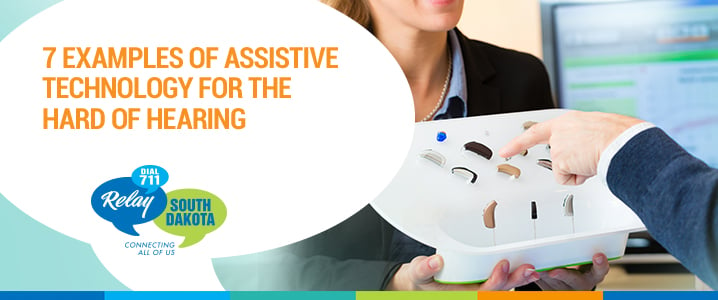Empowering Al Gharbia Students with Hearing Loss through Assistive Technology for Inclusion

Abu Dhabi Education Council (ADEC) Distributes Assistive Devices to Schools in Al Gharbia Region
In a significant move towards promoting inclusive education, the Abu Dhabi Education Council (ADEC) has distributed assistive devices to schools in the Al Gharbia region. These devices are specially designed to enhance the learning experience of students with hearing disabilities.
The distribution of these devices is part of ADEC’s ongoing efforts to support students with special needs and provide them with the necessary tools to succeed in the classroom. The range of technologies provided caters to the diverse needs of students with varying degrees of hearing loss.
Among the devices distributed are FM systems, which amplify a teacher’s voice directly to a student’s hearing aid. These systems filter out background noise and improve speech clarity, significantly enhancing a student’s ability to follow lessons and participate in classroom discussions.
Additionally, assistive listening devices (ALDs) have been distributed, offering greater flexibility as they can be used with various audio sources beyond a teacher’s voice. This allows students to benefit from amplified sound in different settings, including group activities and multimedia presentations.
For students who are profoundly deaf or use cochlear implants, ADEC has provided schools with visual alerting devices. These devices use flashing lights or vibrations to alert students to important sounds, ensuring they remain aware of their surroundings and can participate effectively in safety drills.
To complement the distribution of these devices, ADEC has implemented a training program for teachers and staff. This program equips educators with the knowledge and skills necessary to effectively use the devices and seamlessly integrate them into their teaching methods, ensuring students receive not only the devices but also the support needed to maximize their benefit.
The initiative by ADEC has received praise from parents, educators, and students. Parents are grateful for the commitment to inclusivity, while educators acknowledge the positive impact the devices have on student engagement and learning outcomes. Students with hearing loss have also expressed newfound confidence and independence thanks to the assistive technology.
By providing schools with these essential tools and ensuring their effective use, ADEC is creating a more inclusive learning environment for students with hearing disabilities in Al Gharbia. This initiative sets the stage for a future where all students, regardless of their abilities, have the opportunity to reach their full potential.






